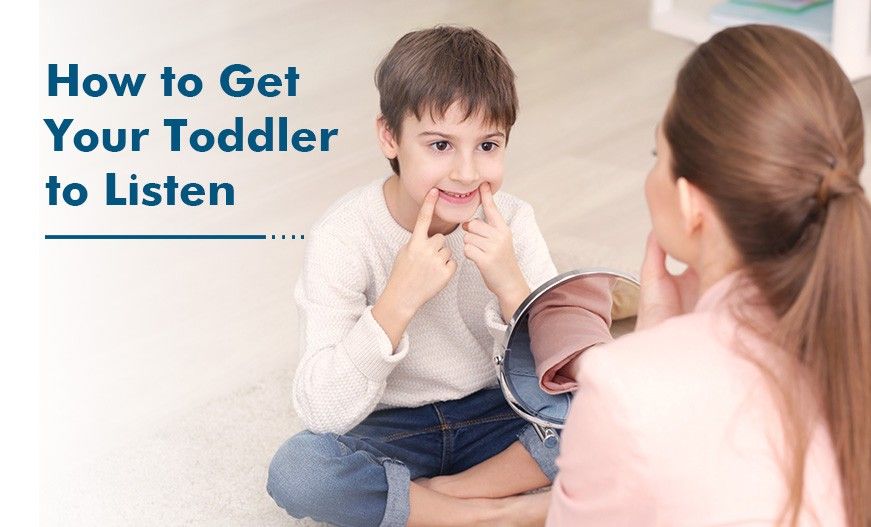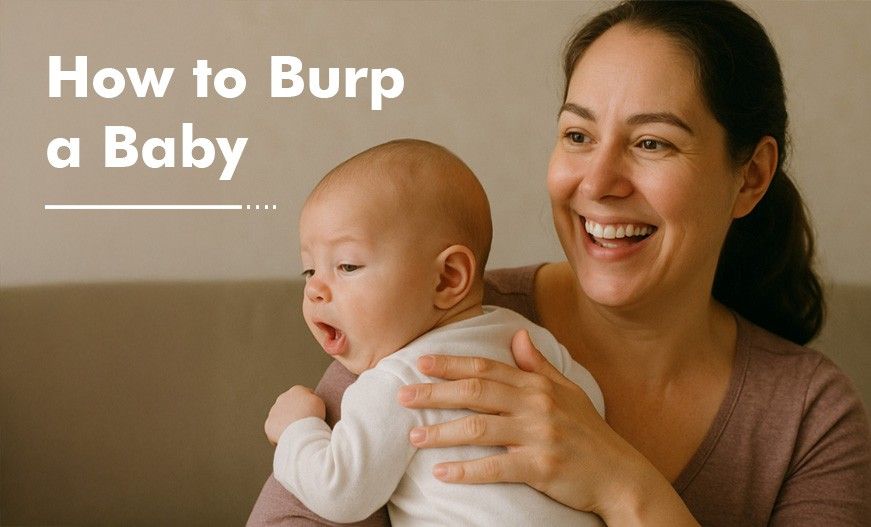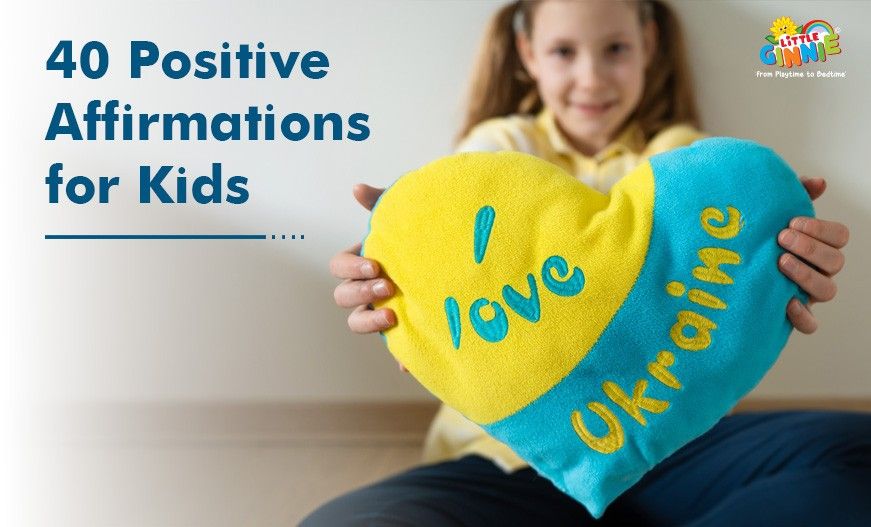Currently Empty: ₹0.00
The Play Way Method – What And Why
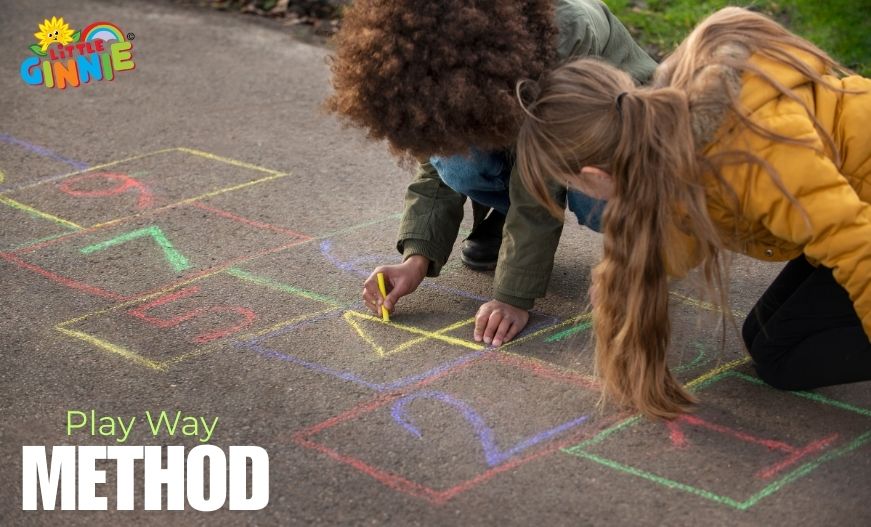
Published By: Satya Narayan Pandey
As parents, we are often overprotective of our children, pushing them to study more and play less out of dread for the future. Yet, research demonstrates that play and exploration play an essential role in the child’s overall learning process. Play way method is defined as any activity done for pleasure without regard for the outcome. For years, it has been widely assumed that play is solely for fun. It is considered a waste of time that could be better spent on something beneficial or valuable. Children have many opportunities to play. It makes the children happy.
Play can take many forms. It could be imitating family members, playing with toys, or taking part in outdoor activities like tag, hide-and-seek, or simply running. Playing helps youngsters develop their motor skills, inventiveness, and creativity. Play has been shown to promote cognitive, physical, and social-emotional development. As a result, the Play-Way technique has arisen as a highly effective method of child education. Let us take a closer look at what it truly is. Let’s talk about the play way method of teaching and its benefits.
What Is The Play Way Method Of Teaching?
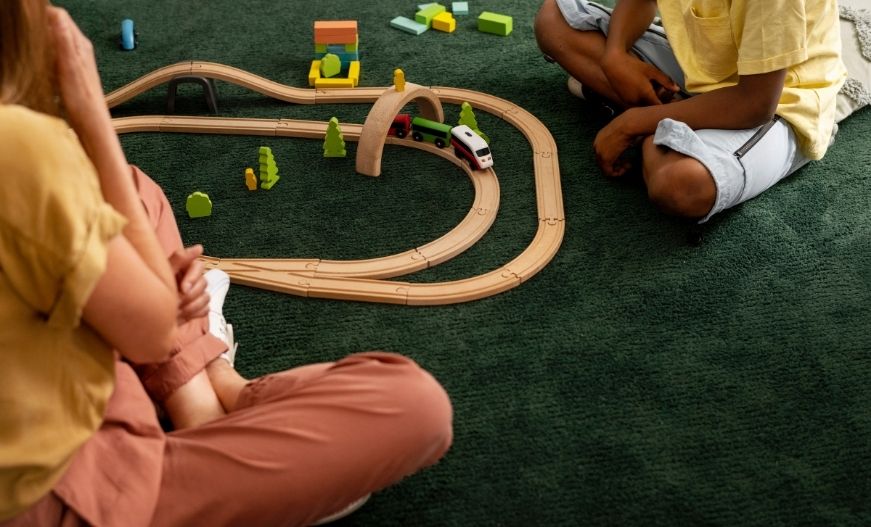
The Play-way technique is built on a basic premise: play is a natural way for children to learn about their surroundings. Why limit it to children? Everyone learns best when they are actively involved in the learning process. As a result, the Play-Way method is based on something other than what we have grown to expect as a learning method, namely traditional classroom learning.
Instead, it relies on a variety of hands-on activities that the children like, with learning occurring as a natural consequence. The Play-Way method successfully creates an engaging learning environment that piques children’s interest. Once their innate curiosity is piqued, it stands to reason that they will become lifelong learners. In all of this, the instructor, rather than telling the child what to do, provides a natural scaffolding that supports the child’s learning process. The teacher encourages the students to think rather than telling them what to think.
- Uses practical, hands-on activities to present the learning concept.
- Customized to meet the learning needs of each child.
- A sense of freedom rather than apparent “pressure” to learn.
- Increasing the importance of “real-life” hands-on experiences in learning above theoretical dependence.
- There are numerous ways in which children can express themselves.
- Every youngster has equal opportunities to participate.
- Activities are intended to enhance both knowledge and abilities.
Types Of Play Way Method
There are several ways to perform the play way method; here are a few types. Let’s look at them one by one.
1. Pretend Play: Pretend or role-playing games are excellent at developing social and emotional skills. In this, children essay and play different roles, such as doctors, teachers, shopkeepers, and so on, and pretend to play on their duties.
2. Creative Play: When we allow our children to express themselves with creative instruments like paint, clay, and a drawing board, we encourage them to explore their creative side.
3. Outdoor Play: The play way method is all about physical activity and outdoor play. Things like running, jumping, and climbing help children develop a stronger body, sharp mind, and finer motor skills.
4. Building Blocks: This play way method involves children using blocks of different shapes and sizes which help them develop problem-solving abilities.
5. Storytelling: Since ancient times, we have used the best play-based approach of teaching, which is storytelling. Storytelling teaches our children about various topics, helps them develop language and communication skills, and fosters innovative and critical thinking.
Advantages Of Play Way Method Of Learning In The Early Years
The way method is a dynamic way of learning and growing by actively participating and making sense of the world around your children. Here are some of the benefits of the play-way method of learning in the early years.
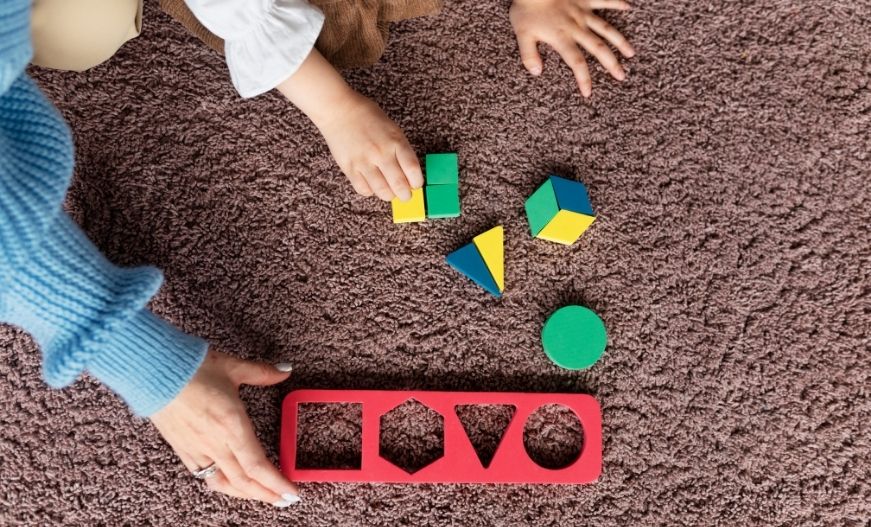
1. Enhanced Engagement and Motivation to Learn
What is the best way to learn anything new? Immersion and engagement in action and play. This strategy capitalizes on children’s innate curiosity and makes learning a joyful and engaging process. Kids are often more energized and more motivated to participate in these entertaining activities. This leads to more pleasurable and lifelong learning for youngsters, who are more likely to complete prescribed tasks enthusiastically.
2. Development of Essential Life Skills
The Play Way method develops a variety of valuable skill sets while also teaching cognitive, social, physical, and emotional skills. These skills promote critical thinking, effective communication, problem resolution, and social adaptability. These talents lay the groundwork for essential life skills and prepare students to confront life’s challenges with confidence.
3. Learning at an Individual Pace and Increased Self-Confidence
The play way method ensures that children learn at their own pace, absorb knowledge more effectively, and boost their self-esteem. As children are neither pushed nor pressured, they perform actions that build abilities, gain confidence, and develop a deeper understanding of concepts, which positively affects their self-worth and enthusiasm for learning.
4. Encouragement of Creativity and Original Thought
Given its open-ended and self-contained problem-solving structure, the play-way method efficiently encourages creativity and unique thinking. This technique fosters reasoning, problem-solving skills, and the ability to approach circumstances in novel ways and think creatively in order to communicate their thoughts freely.
5. Holistic Development and Improved Social Skills
The play way methods provide children with social and intellectual opportunities that help them develop self-regulation and greater impulse control. Children learn to cooperate and support one another, which fosters goodwill, care for their peers, and a feeling of democracy.
Takeaway
Countless studies have shown that children benefit more from the play way method than traditional learning in early childhood. This method of learning is inspiring in kids and fortifies the sense of experiencing the world fearlessly and interestingly. Little Ginnie celebrates parents who take the next step in their kids’ journey.
FAQs: The Play Way Method
Q1: What Is The Concept Of The Play Way Method?
Ans: The play way methods explore the understanding of teaching children through natural ways of exploring the world around them. It encourages children to actively participate and learn from their own experiences while making them courageous.
Q2: Who Introduced The Play Way Method?
Ans: The play way method was first developed by ‘H. Caldwell Cook’ and later popularized by ‘Friedrich Froebel’ throughout the world. Key Points It is a lower-class method of instruction that focuses on facilitating the child’s overall growth.
Q3: What Is The Play Way Method By Froebel?
Ans: The Froebel approach is based on the concept that play is a natural way for children to explore and make sense of their surroundings. Play is viewed as a meaningful and purposeful activity that helps children develop their creativity, problem-solving abilities, and social connections.
Q4: What Is A Play Based Method?
Ans: Play-based methods take a more holistic approach to learning and development, promoting the development of valuable social, physical, and cognitive abilities via interactions with others, things, and symbols. Play-based learning helps children make sense of their surroundings.




